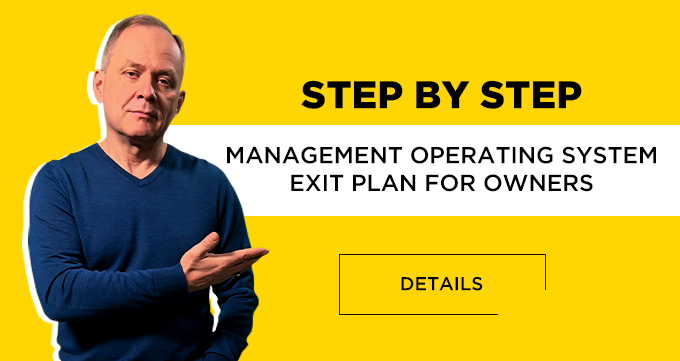When and to Whom You Absolutely Shouldn't Lend Money
We've all been there: a close friend or family member asks for money. The request sounds convincing, emotions are running high. But if you give in to impulse, you could ruin relationships and lose money. I've developed clear rules for myself, which I follow as both an entrepreneur and an individual. I'm sharing them with you. They help maintain calm, boundaries, and respect in any situation.
Business Isn't a Request, It's an Investment Project
If a friend or relative comes to me asking to invest in their business, I don't consider our personal relationship. I look at the project as an investor would:
- Is there a clear business model?
- Are the repayment terms clear?
- What's the risk assessment?
- What will the profitability be?
- Are the obligations formalized?
Sentiments don't work here. According to the Small Business Administration, almost 50% of small companies close within the first five years. Another third don't make it to the tenth year. This means the chance of losing money is higher than getting it back. When I view a business investment like any other deal, I don't expect gratitude and I don't get offended if it doesn't work out. I advise everyone to take the same position. Honesty and calculation save relationships.
Helping Relatives Isn't Support, It's Development Assistance
I help my mother. This isn't an act of charity, but my personal choice. I've predetermined the amount I transfer monthly. Serious expenses, such as health-related ones, I pay separately. My mother asks me not to send too much, but I know it helps her.
My children also receive support. I pay for their education, medical expenses, and development. But I don't take on obligations for their housing, daily expenses, or lifestyle. Support should foster development, not replace personal responsibility.
My position is simple: you should support those who are developing. Giving money without a purpose is like clipping a person's wings. If they don't have the goal of earning, saving, or moving forward, they lose the taste for victory. And that's one of the greatest joys of adult life.
Requests for Personal Needs — A Test of Your Boundaries
If someone asks for money for a trip, a new phone, or simply to cover a cash gap, I almost always refuse. I don't lend for consumption. Only for development, and even then, in very rare cases. If a loved one is in trouble, and it concerns their health or life, I might help. But in this case, I don't expect repayment beforehand. I don't include such amounts in my financial planning. It's a conscious gift, not a loan.
It's hard for everyone to say "no." But it's a skill. If you don't develop it, you'll be trapped: you'll be asked again and again, and you'll keep waiting for the money to be returned. When it's not returned, people start to distance themselves. To avoid feeling guilty, they look for flaws in you. This is how relationships that were initially strong get ruined.
A psychological study by the University of Michigan showed that 46% of personal conflicts over finances occur precisely due to debts between close individuals. People don't communicate expectations and violate personal boundaries. As a result, they lose not only money but also trust.
How to Learn to Say "No" Without Feeling Guilty
My rules are simple. I've predetermined the cases in which I can help. Anything that doesn't fit is forbidden. I don't make excuses. I explain my position. If the person respects me, they accept it. If not, then there was no respect to begin with.
Often we think: today I'll help, and tomorrow someone will help me. But that's not a strategy. When I need financing, I go to those who know how to work with money. To investors or a bank. They don't hold grudges; they evaluate the project, not the relationship. That's why entrepreneurs shouldn't mix finances and personal life. It's dangerous for both business and family.
Conclusion
Money is not a tool of love or proof of loyalty. It's a resource that only works within a system. It's worth helping if it develops a person, not makes them dependent. Self-respect begins with clear boundaries.

